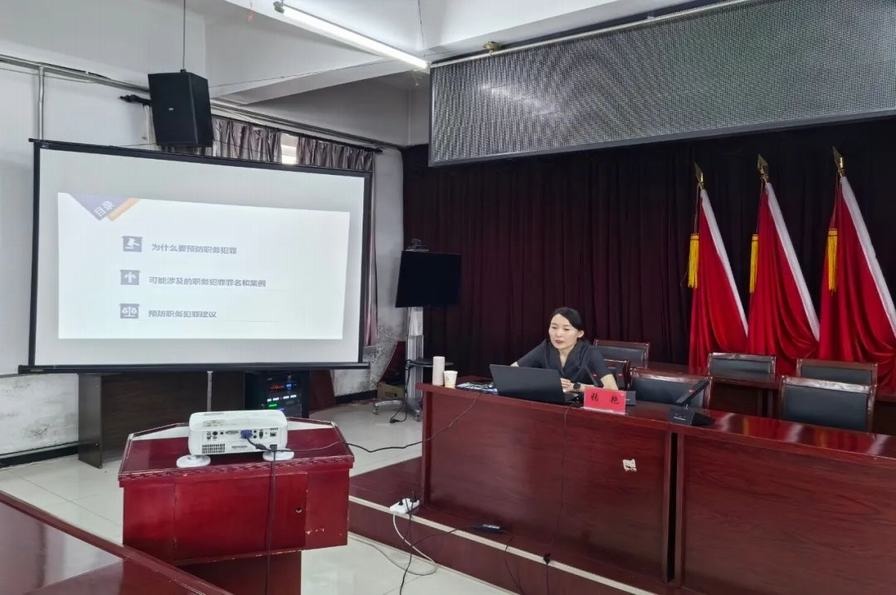
The user seeks to understand the meaning of the term "trademark word" in English, as well as a comprehensive legal analysis from a seasoned senior lawyer's perspective, covering five distinct aspects and supported by relevant and up-to-date provisions of Chinese law, with a minimum length of 500 words, culminating in a concise conclusion.
In response to the query, a "trademark word" refers to a distinctive word or combination of words that serve as an identifier of the source of goods or services in commerce, distinguishing them from those of others. It is a core component of a trademark, which may also include designs, symbols, or other distinctive elements. Now, I will provide a detailed legal analysis of this concept from a senior lawyer's standpoint, drawing upon Chinese legislation:
Definition and Nature: According to Article 8 of the Trademark Law of the People's Republic of China (hereinafter referred to as the "Trademark Law"), a trademark refers to any sign, including words, designs, letters, numerals, three-dimensional symbols, colors, or combinations thereof, capable of distinguishing the goods or services of one natural person, legal person, or other organization from those of others. In this context, a "trademark word" is a specific type of trademark that solely consists of words or phrases. These words may be invented, arbitrary, suggestive, or even descriptive, provided they have acquired distinctiveness through use or have inherent distinctiveness.
Function and Purpose: The primary function of a trademark word, as stipulated in Article 4 of the Trademark Law, is to distinguish the origin of goods or services. It serves as a guarantee of quality for consumers, enabling them to make informed purchasing decisions based on their recognition and trust in the associated brand. Furthermore, it protects the commercial interests of trademark owners by preventing others from using identical or similar marks on related goods or services, potentially causing confusion among consumers (Article 57).
Registration and Protection: To secure exclusive rights over a trademark word, its owner must register it with the China National Intellectual Property Administration (CNIPA) pursuant to Articles 9 and 28 of the Trademark Law. Once registered, the owner enjoys the right to exclusive use (Article 56), the right to license or assign (Articles 43 and 44), and the right to prevent unauthorized use or infringement (Articles 57 and 60). Unregistered trademark words may still enjoy certain protections under unfair competition laws, such as Article 6 of the Anti-Unfair Competition Law, if they have gained reputation or goodwill in the market.
Requirements and Limitations: Not all words can be registered as trademarks. Article 10 of the Trademark Law outlines several restrictions, including prohibitions against registering marks that lack distinctiveness (such as generic terms or descriptive phrases), those that may cause confusion or mislead the public, those that violate public order or morals, or those that infringe upon the prior rights of others. Additionally, Article 11 states that geographical names and official symbols cannot be used as trademarks without authorization.
Enforcement and Dispute Resolution: In case of infringement or disputes involving trademark words, remedies include administrative actions (e.g., through CNIPA or local market supervision authorities), civil litigation, or criminal prosecution (where applicable). The Civil Procedure Law, Administrative Procedure Law, and Criminal Law provide the legal frameworks for these procedures. Remedies may include injunctions, damages, destruction of infringing goods, and publication of judgments to消除不良影响 (Article 63 and 64 of the Trademark Law).
In summary, a "trademark word" is a distinctive word or phrase serving as an identifier of goods or services in commerce. It plays a vital role in distinguishing products, ensuring consumer trust, and protecting the commercial interests of trademark owners. In China, the registration, protection, and enforcement of trademark words are governed by the Trademark Law and related regulations, with strict requirements and limitations in place to ensure fair competition and protect public interests. Owners of trademark words can leverage various legal mechanisms to safeguard their rights and address any infringement or disputes that may arise.










